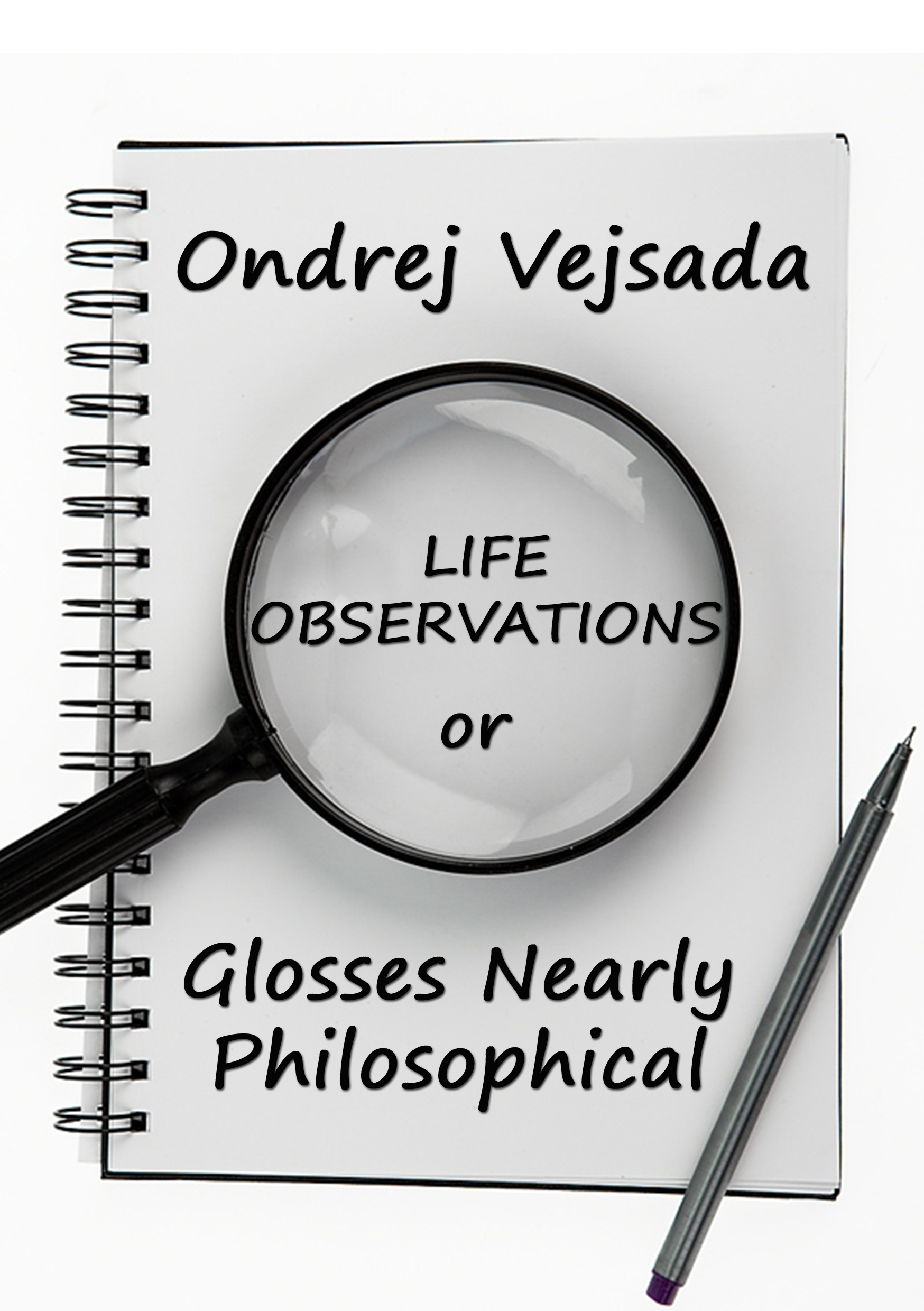
Words, words, words or how we label, value and devalue everything
You see, things and in fact somehow the whole world/matrix just IS, exists, no matter what we think of anything or how we describe it. I like to use this rather freezing analogy in my lectures…if you’ve ever heard me, I apologize for repeating myself.
Please try to imagine for a moment that you don’t exist – you would just disappear right now. What would happen? Honestly, we have to admit, nothing at all. The sun would go on rising and setting and so on. I’m sure a few people would miss you, but objectively nothing would happen. And that’s how important our judgments of the world around us are, including our opinions and what we think… Cruel? But true, right?
If you agree with me so far, let’s connect this idea to the previous chapter. In my opinion, it makes absolutely no difference what we call the energy/information. We don’t really understand the true meaning anyway, and if I wanted to be even more provocative, I’d say – and why should we? We have learned this game that supposedly if we understand something, then it is correct and then maybe we can talk about it 🙂 (you don’t know anything about it, so shut up!) I would like to focus much more on the description of what is seen and perceived – understanding is not needed for that and besides, I have strong doubts about the quality or completeness of that much declared understanding. Speaking of the Sun = we can watch in amazement as some red ball rises above the horizon at sunrise we can be fascinated – well, or we can be taught that it „is“ the Sun and it loses it’s charm = I know, it’s the Sun.
But my provocation lies in the question = and do you really know it? And what is the Sun? In my opinion, the correct sentence should be = this is what we call the Sun. What it is, we don’t know. For example, we know that… and now we could interpret from the available information what we have observed… But if we already know that it is the Sun, there is nothing to solve, right? 😉
But we need at least a basic agreement on the terms, words, etc. used. One supposedly thinks in terms. I deliberately write „allegedly“ because this is exactly the example of the situation I am talking about in the next chapter. I’ve read it, I’ve learned it, but I don’t really know it myself, I just believed those who said it with authority… Well, a concept is deeper than a word. It also contains an emotional component, a feeling – I simply find the word pleasant or unpleasant and so I unconsciously react to MY feelings rather than the actual meaning of the word.
I’m going to contradict myself for a moment, because I don’t actually know this and have only heard it, so I should correctly write = SUPPOSEDLY the ancient philosophers had this habit – not to talk about things that are not present. So when they wanted to talk about a statue, for example, they would go to it first, so that it would not be about impressions from memories, but about feelings from a concrete observation = I like this as an idea very much and it doesn’t matter if it was so or not.
An example of the truth of this statement = say the word “ DOG „. I don’t mean anything specific or even a real dog – so the reaction should be neutral. Yet, if you say the word slowly and out loud and observe your inner reactions, then you will find that you who are a „dog lover“ are actually quite fond of imagining a dog and having that pet in your mind. But, if dogs are kind of ecstatic, you are not very comfortable right now, and maybe you have a program running in your head in the sense of = yuck, dogs drool, stink, poop everywhere and all – why write about it? What a load of crap, etc. And so suddenly, subconsciously, a certain sympathy or antipathy arises between us, and please, we don’t see or hear each other, and I didn’t mean anything by the word „dog“ at all! Do you understand?
So then I would like to use energy, power, etc. again in the most general possible meaning close to common sense. That is, something that is not seen but influences the behaviour of that which is seen. A not quite handy simile (unfortunately, I still can’t think of another :-)) is magnetism – just to give you an idea of what I mean, because this simile is lame in that we probably get another sort of prejudice from school, that plus and minus attract (i.e. those opposites) and the same poles repel – well, in life, in the Universe, etc. it’s a bit more complicated. Maybe we could still talk about natural laws, processes or constants…
Now I would need to see you to answer my question = is it still understandable? = you could possibly nod in agreement and I could continue calmly. I believe you understand and for some I even know 😉.